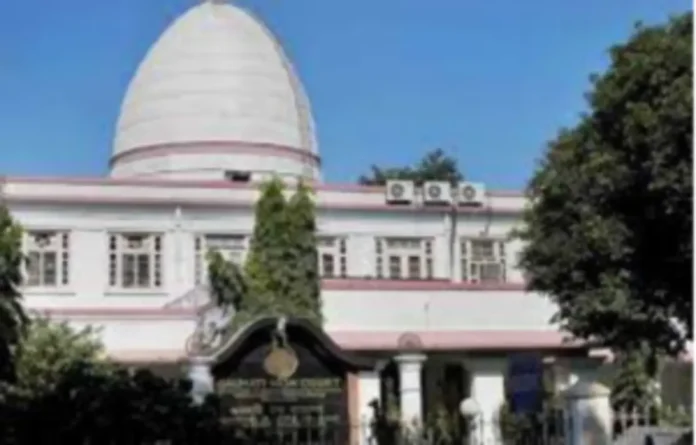The Gauhati High Court has recently dismissed a Public Interest Litigation (PIL) petition challenging the alignment of a 2-lane road in Nagaland.
The petitioners, Vitolu Sema and Jevito Achumi, represented 17 villages, arguing that the approved alignment (Option-II) benefits only three villages, whereas the alternative alignment (Option-I) would benefit 17 villages and a population of approximately 19,000.
The National Highways and Infrastructure Development Corporation Limited (NHIDCL) had recommended Option-II as more technically viable.
The State Government approved this alignment after a joint survey technical team, comprising experts from various departments, reiterated its feasibility.
The petitioners contended that Option-II violates the Ministry of Road Transport and Highways (MoRTH) guidelines, which prioritize development of new areas and wealth creation for less developed areas.
They argued that the decision was arbitrary and ignored the legitimate expectations of the affected villages.
The respondents, including the State of Nagaland and NHIDCL, opposed the PIL, emphasizing that road alignment is a technical matter beyond judicial expertise.
They cited the Supreme Court’s decisions in Essar Steel Limited v. Union of India and Project Director, Project Implementation Unit v. P.V. Krishnamoorthy, which limit judicial review in such matters.
The bench of Chief Justice Vijay Bishnoi and Justice Manish Choudhury dismissed the PIL, holding that:
1. Road alignment is within the executive domain, and courts lack expertise to interfere.
2. The State Government and NHIDCL considered and addressed local objections.
3. The petitioners failed to demonstrate violation of MoRTH guidelines or mala fides.
4. Judicial review in such matters is limited to cases of statutory violation or mala fides.
The court relied on the Supreme Court’s decisions in Union of India v. Kushala Shetty and P.V. Krishnamoorthy, emphasizing that courts should refrain from sitting as appellate authorities over expert decisions.


